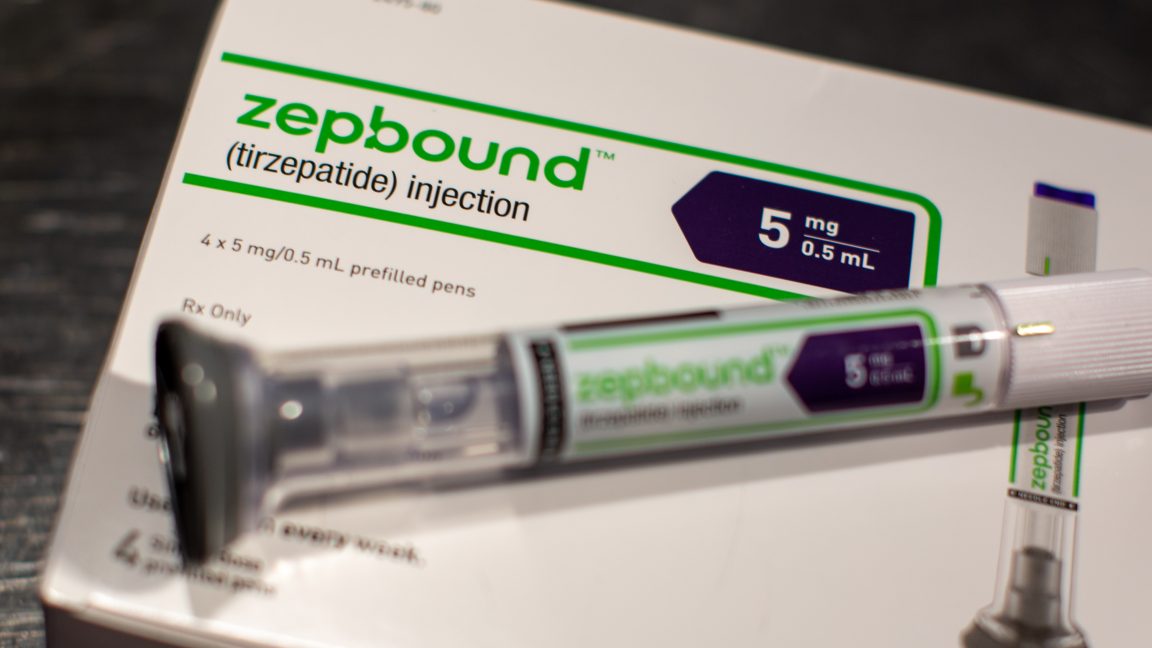
"Of the 308 who benefited from tirzepatide, 254 (82 percent) regained at least 25 percent of the weight they had lost on the drug by week 88. Further, 177 (57 percent) regained at least 50 percent, and 74 (24 percent) regained at least 75 percent. Generally, the more weight people regained, the more their cardiovascular and metabolic health improvements reversed. Data gaps and potential off-ramps"
"On the other hand, there were 54 participants of the 308 (17.5 percent) that didn't regain a significant amount of weight (less than 25 percent.) This group saw some of their health metrics worsen on withdrawal of the drug, but not all- blood pressure increased a bit, but cholesterol didn't go up significantly overall. About a dozen participants (4 percent of the 308) continued to lose weight after stopping the drug."
Of the 308 participants who benefited from tirzepatide, 254 (82 percent) regained at least 25 percent of the weight they had lost by week 88; 177 (57 percent) regained at least 50 percent, and 74 (24 percent) regained at least 75 percent. Larger weight regain tended to reverse cardiovascular and metabolic health improvements. Fifty-four participants (17.5 percent) regained less than 25 percent and experienced mixed health changes, while about a dozen (4 percent) continued losing weight after stopping the drug. Withdrawal examined was abrupt. Data on gradual tapering, behavioral strategies, and long-term effects of weight cycling remain limited and require more data.
Read at Ars Technica
Unable to calculate read time
Collection
[
|
...
]